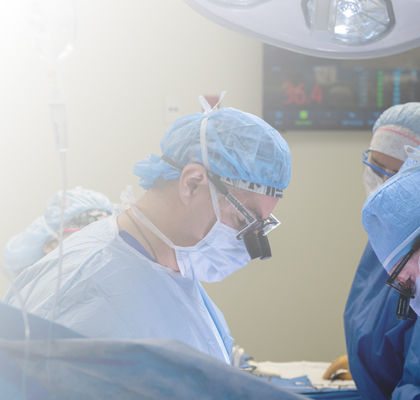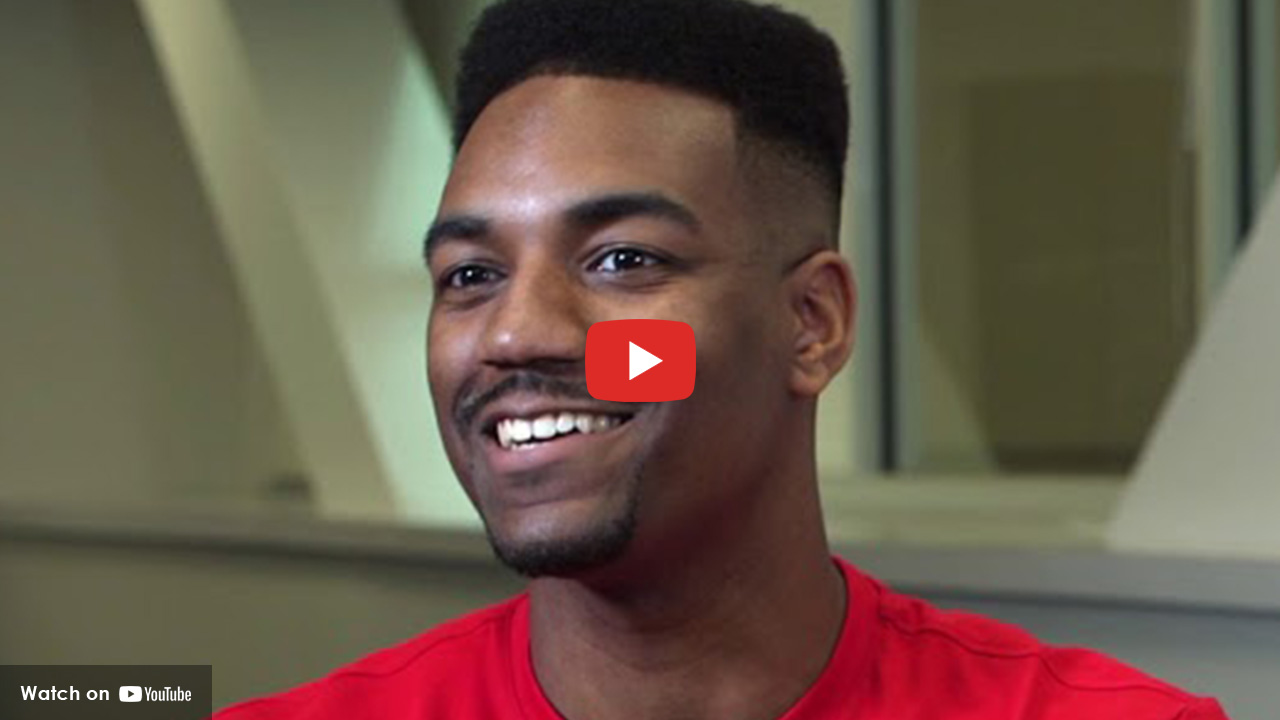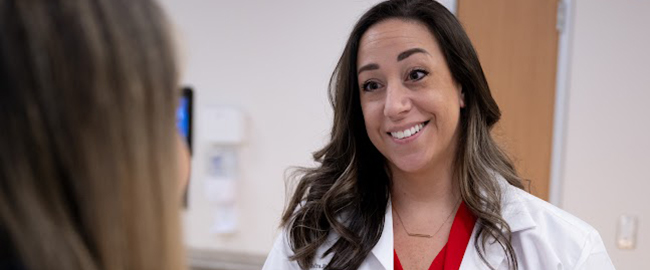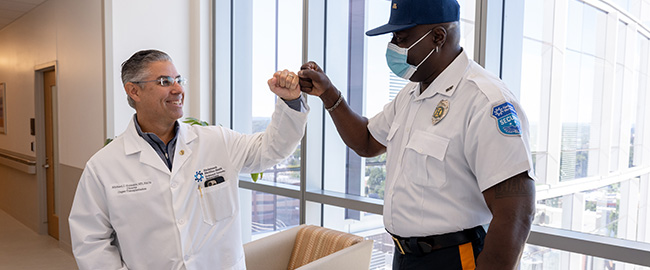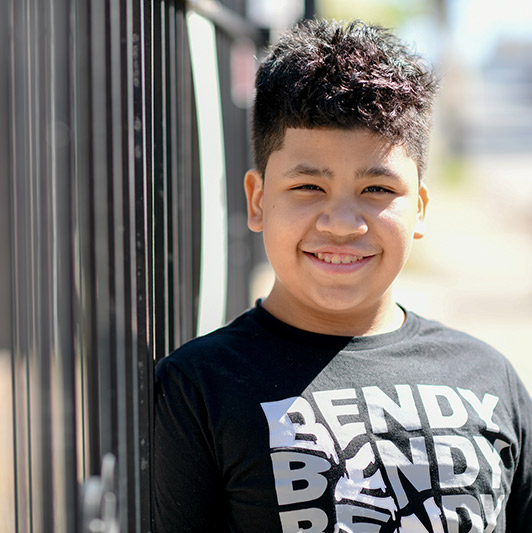Living Organ Donor Program in New Jersey
Hackensack Meridian Health provides expert living donor transplant care across New Jersey, offering safe, compassionate options for kidney donation that help patients receive transplants faster and live longer. As New Jersey’s #1 ranked health network by U.S. News & World Report, our transplant specialists combine innovation, surgical excellence, and personalized care to make living donation possible for more families.
Our comprehensive living donor program offers several benefits. Kidneys from living donors last longer – almost twice as long – function better, and may take place once the donor and recipient are medically cleared.
Benefits of Living Donation
Kidneys from living donors last nearly twice as long as those from deceased donors and begin functioning immediately after transplant. Living donor transplants can be scheduled at the best time for both donor and recipient often reducing wait times from years to months.Register to be a Living Donor
Take the next step in becoming a living donor. Complete this short form to be contacted about donation, learn more about the evaluation process, and get answers to your questions.
Organ Transplant and Living Donor
A Father and Son Story
All About Our Living Organ Donor Program
- Living donors who are biologically related to the recipient
- Living unrelated donors, such as a spouse, friend or co-worker
- Paired kidney donation, which involves an exchange with two or more incompatible pairs so that each recipient is matched with a compatible living donor kidney
- ABO incompatible transplants, which may be possible if a donor can donate to someone with a different blood type
- Altruistic or non-directed donors, are donors who come forward to donate with no intended recipient identified. They often enter the paired exchange program and start a chain of transplants.
- Remote donation allowing a donor to be evaluated and have surgery closer to home
- Advanced donation offers a donor the opportunity to donate within their specified timeframe and provides their recipient with a voucher for transplant when they are ready to receive it.
All living donors must:
- Donate voluntarily
- Be at least 18 years of age
- Be healthy with a normal kidney function
As a potential living donor, you will undergo an initial evaluation which includes:
- Education about the process provided by our Living Donor Coordinator.
- Blood and tissue typing to assess your compatibility with a recipient.
- Blood and urine tests, CT scan, and cancer screening as appropriate. (People with cancer cannot donate.)
- Meetings with the Independent Living Donor Advocate, transplant nephrologist, donor surgeon, social worker, living donor coordinator and other members of your team.
- The Living Donor Coordinator will notify you about whether you can donate or not.
- All testing and donor information are kept confidential. No information will be shared with the recipient unless you disclose information to him/her of your own accord.
- We will thoroughly explain any medical, surgical, and psychosocial risks associated with the procedure. As with any major surgery, there is always risk involved, although the risk of major and long-term health problems for kidney donors is minimal.
If you are cleared to donate, we will schedule a surgery date for you, as well as pre surgical testing two weeks before the operation.
- The surgery takes three to four hours and is performed through one large and three small incisions in your abdomen.
- You will spend one to two hours in the recovery room after the operation.
- Though your care plan will be individualized to you, generally after the procedure you can anticipate:
- Expect to stay in the hospital for one to two days. Complete recovery may take four to six weeks.
- Depending on your job, you may return to work in four to six weeks (lifting is restricted for eight weeks)
- You will not be permitted to drive for seven to 10 days (until your staples are removed).
- You will see your donor surgeon for a follow-up visit seven to 10 days after the operation. The Living Donor Coordinator will coordinate the remainder of your follow-up care.
- There is no cost to the donor. Donor evaluation, testing, and surgery are covered by the recipient’s insurance.


